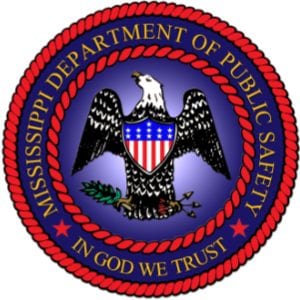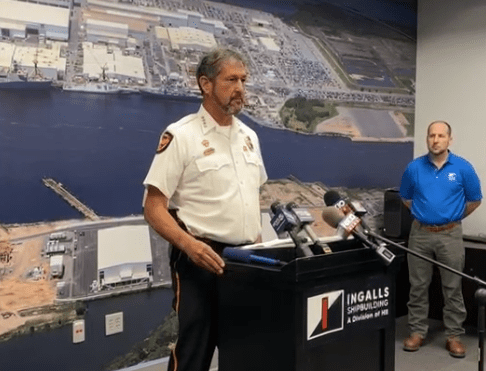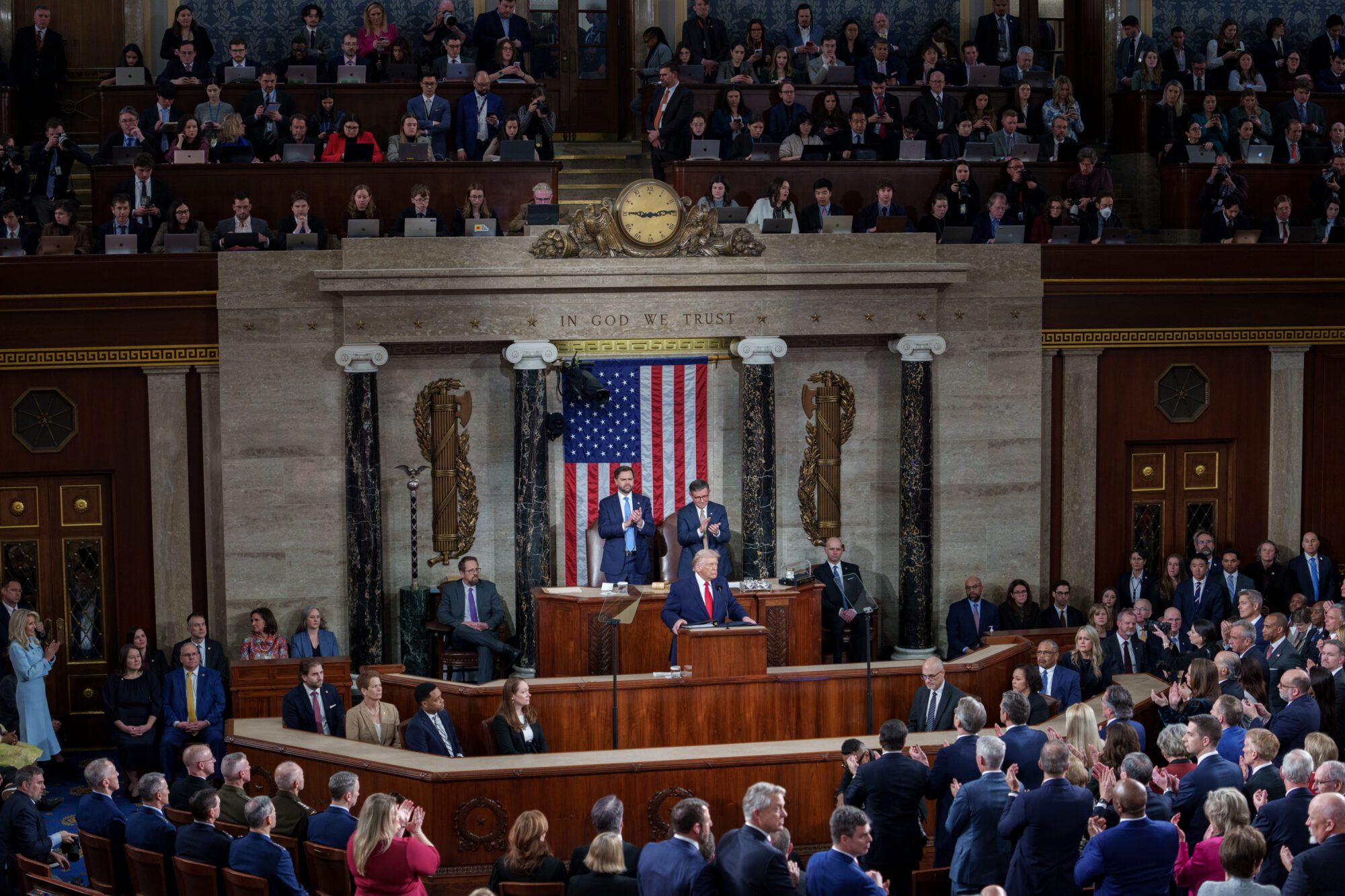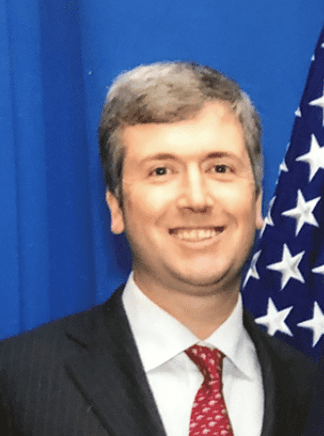
Secretary of State Michael Watson announced earlier this month that State Sen. David Parker and Rep. Lee Yancey were drafting legislation that would transfer functions of the Department of Motor Vehicles to the Secretary of State’s Office.
Watson’s “SIP Plan” was one of the main narratives during his 2019 campaign.

“As I promised the voters of Mississippi, I’m proud to roll out our plan to revamp the DMV under our office,” Secretary Watson has said. “The fine men and women in the Secretary of State’s Office have an exemplary record of handling administrative/clerical functions by bringing automation and top-notch customer service to the table, and I believe tasking our team with an overhaul of the DMV would yield the same results.”
Watson believes the transition of these services from the Department of Public Safety to the Secretary of State’s Office would create opportunity for shorter wait times and more efficient services.
Sen. Parker’s bill – SB 2634 – has been double referred in the Senate to both the Appropriations Committee and the Highways and Transportation Committee.
No such bill is shown as filed in the House by Rep. Yancey to date.
Sources at the Capitol have confirmed that the leadership in both chambers, namely Speaker Philip Gunn and Lt. Gov. Delbert Hosemann, are reluctant to make this change given the practicality of maintaining the oversight of public safety in a department specifically tasked with that function.
While Watson’s plan to transfer these functions to his office may not become reality as he initially envisioned, it does appear that there is traction in the House to bring more of a business model to driver services.

Rep. Charles Busby, Chairman of Transportation, has introduced HB 1371, a bill that amends state law to address who may serve as the Director of the Driver Services Division, Director of the License Examining Bureau and the supervising examiners within the Department of Public Safety.
The bill would remove the requirement that these positions be Highway Patrol Officers.
“Secretary Watson has highlighted the need to move these services into more of a business approach, focused on quality public service and reduced wait times,” Busby told Y’all Politics. “While there may not be an appetite to transfer these functions out of DPS at this time, we can take steps to address those issues Secretary Watson has shown to be important to Mississippians by allowing the Department latitude to bring in someone who knows customer service and can work to implement a system that achieves the end goal of better experiences and shorter wait times.”
Busby’s bill would also:
- Mandate that driver’s license kiosks be equipped with printers to print documents and cards.
- Require location signs be prominently displayed providing for required information for the various licenses, cards and other services.
- Direct that the Driver Services Division’s website have tutorial videos linked to online procedures to help clearly illustrate how to use the website and that the appointment program be available for use at all locations.
In addition, HB 1371 would require the commissioner to develop and implement a driver’s license or driving permit in an electronic format as an additional option for license or permit holders. Acceptable electronic formats would include display of electronic images on a cellular phone or any other type of electronic device.
Busby would also have the Department of Public Safety send an email and text message notification of an upcoming driver’s license expiration date to the known emails and phone numbers as authorized by license holders.
“By taking these steps to increase options at the driver license stations while also promoting renewals and online resources, we can make strides to be more customer friendly, achieving all of our goals,” Busby said.
Another bill of Chairman Busby’s is HB 1372. This would require the Commissioner of Public Safety to authorize certain third parties to administer testing for commercial driver’s license.
Busby sees this as a way to alleviate wait times as well as free up lines while improving service for commercial drivers and the businesses long wait times directly affect.











